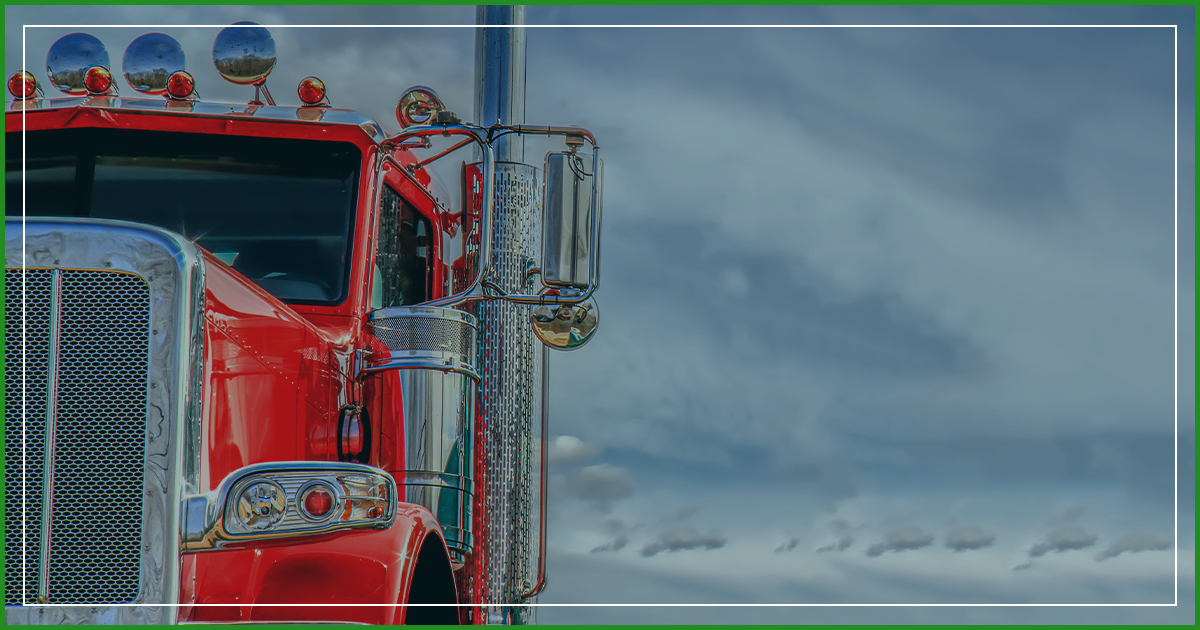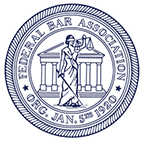How Often Do Truck Accidents Happen Due to Mechanical Failure?
We see truck accidents happen every day on our city streets or highways. These crashes are often devastating and deadly, leaving victims and their families reeling. And as we drive by or hear about it on the news, we often wonder what causes these crashes to occur.
Was it the driver’s error or inattention? Or was something else, such as mechanical failure, the cause?
In this post, we’ll explore what types of mechanical failure cause truck crashes, how to find out what caused your accident, and who can be held responsible.
How Often Is Mechanical Failure the Cause?
Unfortunately, the answer isn’t easy to find. The most recent data available is from a 2007 Large Truck Crash Causation Study conducted by the Federal Motor Carrier Safety Administration (FMCSA, partnered with the National Highway Traffic Safety Administration (NHTSA).
The study covered crashes between April 2001 and December 2003; each crash involved at least one large truck and resulted in a fatality or injury.
This study suggests that of the 141,000 trucks involved in fatal and injury crashes, 29% had brake problems, and 6% had tire problems. The other main causes of truck crashes were largely due to driver error.
So, as you can see from the data, although mechanical issues may not be a common cause of truck crashes, they are still a concern.
Common Mechanical Issues That Can Cause Truck Crashes
According to the Federal Motor Carrier Safety Administration, trucks and all people involved in their maintenance and operation are obligated to follow many rules and regulations. One of these obligations is that each vehicle must be inspected, repaired, and maintained properly and frequently.
However, even with proper care and maintenance, these common mechanical failures can still occur:
Brakes
- Worn or defective brakes
- Lack of brake fluid
- Faulty brake lines
- Worn or defective brake pads
- Malfunctioning anti-lock brakes
- Worn or defective discs
Tires
- Defective tires
- Worn or bald tires
- Blown-out tires
- Over or under-inflated tires
Lights and Mirrors
- Broken, missing, or defective lights, including headlights, taillights, and signal lights
- Broken, missing, or defective mirrors, including rear-view and side-view mirrors
Transmission and Steering
- Failing transmission system
- Inadequate or missing transmission fluid
- Failing steering system: including steering wheel, column, or other parts
- Failing suspension system
Safety Guards and Hitches
- Improperly installed rear guards
- Broken hitches
- Improperly installed hitches
Other
- Faulty horn
- Broken or worn windshield wipers
How Can You Know What Caused Your Truck Accident?
Truck accidents are often very complex. The exact cause of an 18-wheeler accident is not always clear.
While in some cases, it might be obvious that a large truck swerved into your lane or didn’t signal properly before making a turn, a thorough investigation is necessary to determine the exact cause of the accident. Most vehicle accidents of all kinds are due to driver error, and it may be easier to chalk up a collision with a truck to the driver being fatigued or driving too fast for the road or weather conditions.
However, if you suspect or there may be evidence that a mechanical issue was the cause of your accident, investigators will need to be brought in.
If it is determined that mechanical failure was the cause of your crash, those responsible can be held liable.
Who Can Be Held Responsible for Mechanical Failure on a Truck?
Anyone involved in the production, care, and maintenance of the truck that caused your accident can be held liable for the damages and injuries you incurred. Those are:
Truck Manufacturers
Sometimes, companies produce defective or unsafe products, whether due to oversight or when trying to cut production costs.
If the trucks are indeed defective, the manufacturers can be held liable. And if they are made aware of potential defects and dangers, they should warn the public and stop production until the defects are resolved.
If they continue to manufacture dangerous products, they can be held liable for any accidents their defective products caused.
Parts Manufacturers
Trucks are made up of many different parts, components, and accessories, which are often made by different manufacturers. If any truck parts are discovered to be defective and dangerous, these manufacturers can be held liable for the production and marketing of these dangerous parts.
As with truck manufacturers, companies that make parts should halt production and warn the public as soon as they are made aware of any issues.
Truck Drivers
All truck drivers should check their trucks before they start their trip to ensure all parts and components of their vehicle are in good working order. They should also check at every stop and again at the end of their trip.
Truck drivers, as with other vehicle drivers, should never rely solely on the word of someone else that their vehicle is safe to drive and should always ensure their truck is maintained properly in accordance with the regulations, or the driver can be held liable for any accident their truck causes.
Trucking Companies
The companies that hire truck drivers and mechanics can be just as responsible for any accidents that occur due to mechanical failures. If the company is trying to cut corners or increase production, it may not enforce the required vehicle upkeep for trucks or require its mechanics to use aftermarket or used parts.
In any case, if you are involved in an accident with an 18-wheeler, you likely suffered extensive damage to your vehicle as well as severe injuries to yourself and any passengers you may have had in your car.
Our legal team at Western Justice Associates, PLLC has the experience necessary to assist you with your truck accident case, so give us a call for your free consultation and allow us to help you with this difficult situation.









